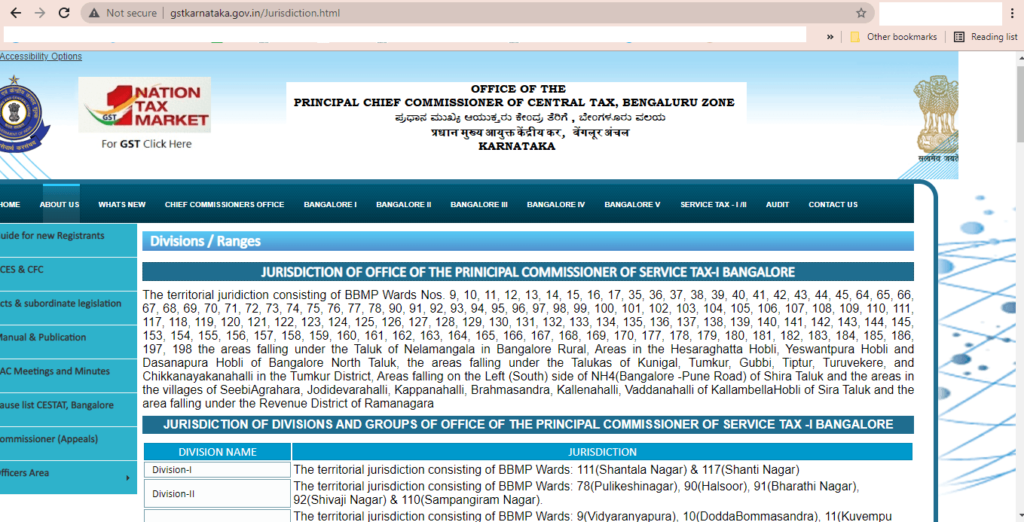Corporate Insolvency Resolution Process
The Corporate Insolvency Resolution Process (‘CIRP’) is a recovery mechanism for the creditors of a corporate debtor. A corporate debtor means a company or Limited Liability Partnership (‘LLP’) that owes a debt to its creditors. The Insolvency and Bankruptcy Code, 2016 (‘IBC’) lays down the provisions for conducting insolvency or bankruptcy of individuals, partnership firms, LLP and companies. However, the process of insolvency and liquidation of corporate debtors under the IBC applies where the minimum default amount is Rs.1 crore only. What is the Meaning of Insolvency Resolution Process (IRP) Under the Insolvency Bankruptcy Code 2016, when a company fails to make payments to creditors, the National Company Law Tribunal (NCLT) takes charge of the Insolvency Resolution Process (IRP). An operational creditor, financial creditor, or the company itself can apply for IRP. After initiation, the company’s assets are put on hold from being disposed of for six months by the NCLT. During this time, the NCLT evaluates and decides on the appropriate action to be taken, which may involve restructuring the company, resolving debts, or liquidating assets. Creditors Under IBC When a company or LLP becomes insolvent or commits a default, the financial creditor, operational creditor or the corporate debtor can file an application to initiate the CIRP by the Adjudicating Authority, i.e. National Company Law Tribunal (‘NCLT’). A financial creditor is a person to whom the business owes a financial debt and includes a person to whom such debt is legally transmitted or assigned. A financial debt means a debt along with interest disbursed against the consideration for the value of money and includes- The amount borrowed against the payment of interest. The amount raised by acceptance under the acceptance credit facility or its dematerialised equivalent. The amount raised under the note purchase facility or the issue of notes, bonds, loan stock, debentures or any other similar instrument. The amount of the liability relating to a lease or hire purchase contract that is deemed as capital or finance lease under the Indian Accounting Standards or such other accounting standards. Receivables discounted or sold other than the receivables sold on a non-recourse basis. The amount raised under any other transaction, including any purchase agreement or forward sale having the commercial effect of a borrowing. Any derivative transaction entered in connection with benefit from or protection against fluctuation in any price or rate. Any counter-indemnity obligation relating to a bond, indemnity, guarantee, documentary letter of credit or other instrument issued by a financial institution or bank. The amount of liability relating to any of the indemnity or guarantee for any of the points mentioned above. An operational creditor is a person to whom the business owes an operational debt and includes persons to whom such amount has been legally transferred or assigned for services or goods given by them. Process of Corporate Insolvency Resolution Initiation of CIRP- The financial creditor can initiate the CIRP against the corporate debtor by applying to NCLT. The operational creditor should first give a demand notice of an unpaid invoice to the corporate debtor demanding the default payment amount. When the operational creditor does not receive payment from the corporate debtor after the expiry of ten days of delivery of the demand notice or invoice demanding payment, he can apply to NCLT for initiating the CIRP. A partner or member of the corporate debtor authorised to initiate CIRP or a person in charge of managing the affairs or who has control and supervision over the financial affairs of the corporate debtor can initiate the CIRP with NCLT. NCLT will pass an order within fourteen days of either admitting or denying the CIRP application. The CIRP will commence from the admission date of the application by NCLT. The CIRP completion period is 180 days from the admission date of the CIRP application. Declaration of Moratorium and Public Announcement- After the admission of the CIRP application, NCLT will pass an order- Declaring a moratorium for prohibiting certain actions and transactions. Causing a public announcement of initiating the CIRP and call for the submission of claims. Appointing an interim resolution professional. NCLT orders on the CIRP commencement date declaring the moratorium for prohibiting the following- Continuation or institution of suits or proceedings against the corporate debtor. Encumbering, transferring, disposing of or alienating by the corporate debtor of its assets or beneficial interest or legal right. Any action to recover, foreclose or enforce any security interest created by the corporate debtor relating to its property, including any action under the Securitisation and Reconstruction of Financial Assets and Enforcement of Security Interest Act, 2002. Recovery of any property by a lessor or owner, where the property is in possession or occupied by the corporate debtor. The public announcement of the CIRP should contain the following information- Name and address of the corporate debtor. Name of the authority under which the corporate debtor is registered or incorporated. Last date for submission of claims. Details of the interim resolution professional who will be responsible for receiving claims and take over the management of the corporate debtor. Penalties for misleading or false claims. The date of closure of the CIRP, i.e. 180th day from the admission date of the CIRP application. The interim resolution professional appointed will have the following powers relating to the corporate debtor from the date of his appointment- Management of the affairs of the corporate debtor. Exercise the powers of the board of directors or partners of the corporate debtor and suspension of the powers of the director or partner of the corporate debtor. Officers and managers of the corporate debtor will have to report to the interim resolution professional and give access to the records and documents of the corporate debtor. Financial institutions having and maintaining accounts of the corporate debtor will act on the instructions of the interim resolution professional and furnish all available information relating to the corporate debtor. Committee of Creditors- The interim resolution professional will constitute a committee of creditors after collating all received claims against
Corporate Insolvency Resolution Process Read More »


